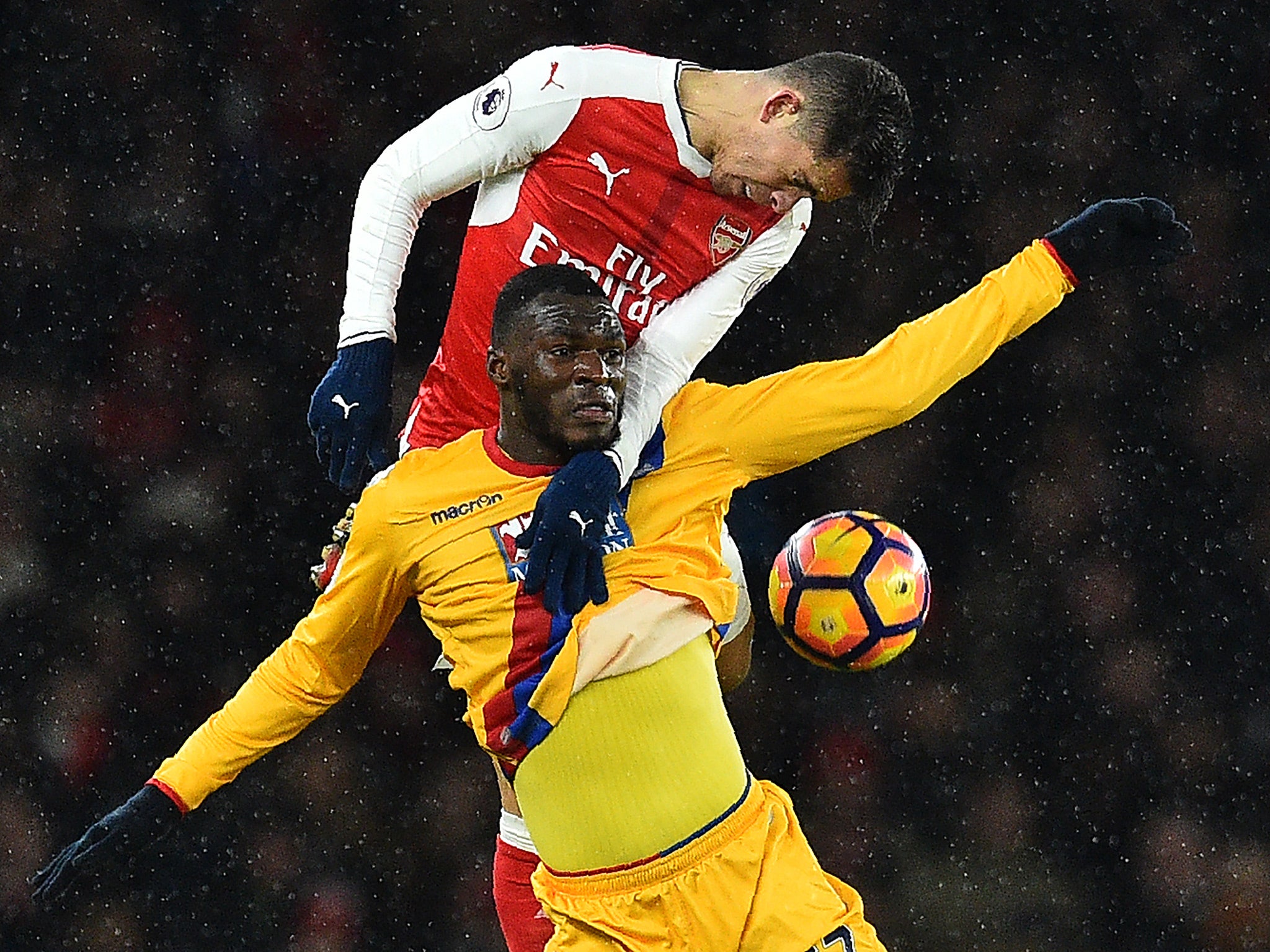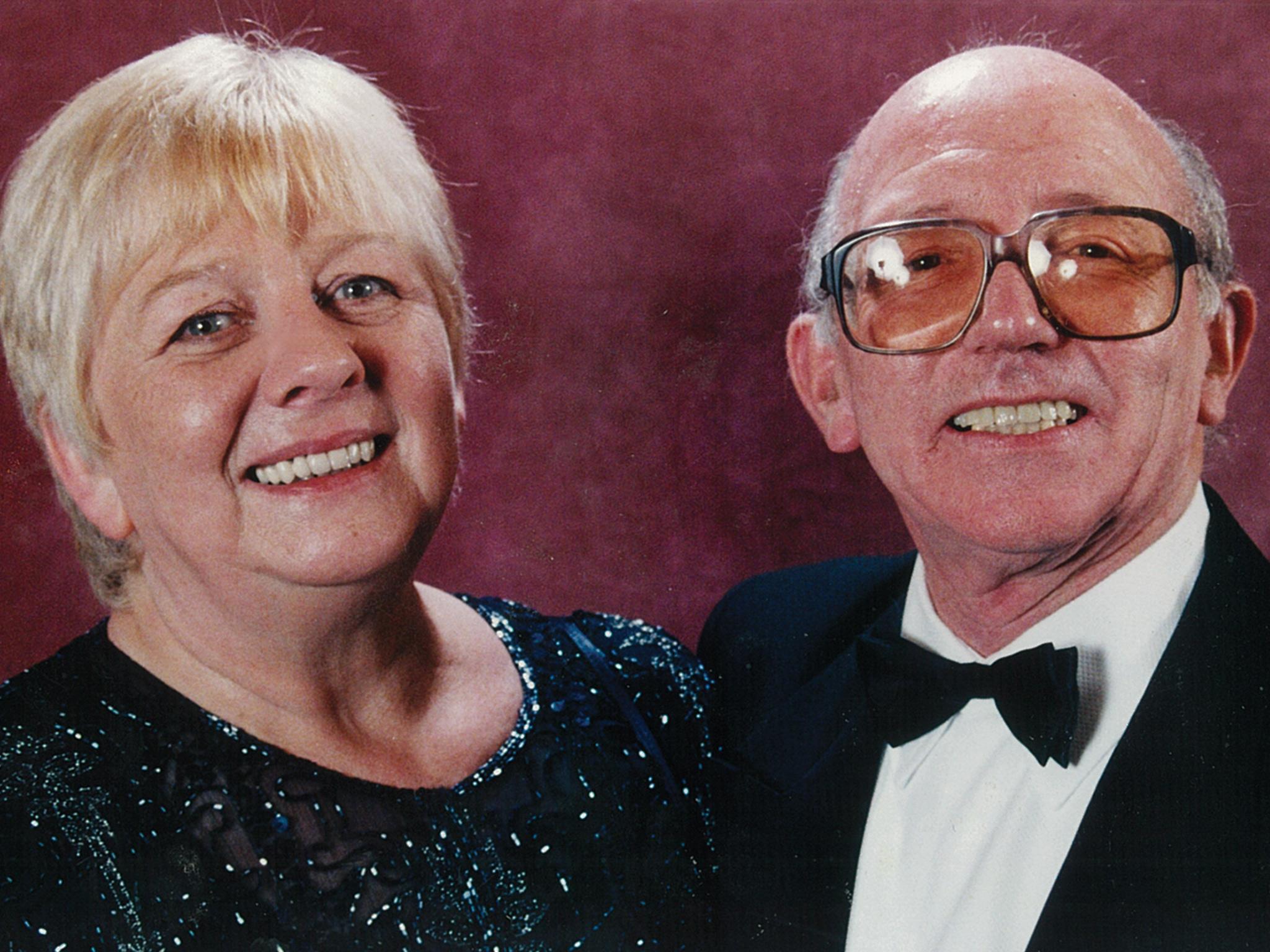Why has it taken non-football specialists to investigate dementia link while football's authorities dither?
As those outside the game find cause for further investigation, those at the highest levels of the sport sit on their hands

The most substantial British research yet into dementia among retired footballers was published on Wednesday and the small details of the individual tragedies which spill from its pages will be painfully familiar to the families of many afflicted ex-players.
There is the former centre forward, for example, who at the age of 56 became anxious and depressed, with his movement so limited that he was frequently falling and unsteady on his feet. Post-mortem examination of his brain found that he had suffered chronic traumatic encephalopathy (CTE), a degenerative disorder found in four out of six (or 66.6 per cent) of players whose brain tissue was thus analysed. In the general population, there is a mere 12 per cent incidence of CTE.
The anxiety is the part of the degenerative brain disease which has distressed the family of Nobby Stiles as much as anything. Stiles was always such a bright and optimistic man. “Suddenly, he wasn’t our dad,” says his son, Rob.
The family of a “dedicated amateur footballer” also discussed in the Swansea University and UCL joint study know all about that. The player, who operated at either centre half or centre forward every season from the age of 10 to 30, suffered memory loss, irritability and hallucinations as well as aggressive behaviour. He died at the age of 60.
Buried in the research’s dense scientific language are suggestions that repeatedly heading a football does affect the architecture of the brain’s cells. All six of the former players whose families agreed to post-mortems were found to have tearing to a thin, triangular membrane in the brain called the septum pellucidum, suggestive of chronic, repetitive head impacts from playing football. The incidence of that tearing in the general population is just six per cent, based on previous studies.
It is no coincidence that the two players referenced from the study were so young when afflicted. The paper reveals that most of the six developed dementia at a relatively young age. Yet the illness is relatively uncommon under the age of 65 in the general population. Stiles was 61 when he began struggling.
But the paper still does not provide a definitive link between CTE and exposure to repetitive head impacts from playing football, or ‘sub-concussive injuries’ as they are known. How many times might a football be headed before the pathological process which cause CTE occurs? We don’t know. How much more damaging – if at all - was heading for those players, pre-1980s, who sent a heavy, water-soaked ball off their foreheads? We don’t know.
Those 450g heavy, leather balls became 25 per cent heavier when wet, but the lighter, faster footballs of today travel faster and may result in the same net force on head impact. We also need to know more about the lifestyles of the players who have been studied, and the genetic history. We don’t know if those factors are more significant than heading.
The lack of certainty explains why there is such a divergence of opinion on what science knows all too well is a controversial subject. Professor Roxana Carare, Professor of Clinical Neuroanatomy at the University of Southampton feels the new science provides a “reasonable working hypothesis” that CTE in retired footballers is related to their past prolonged exposure to repetitive sub-concussive head impacts from heading, or colliding with other players.

UCL’s Professor of Old Age Psychiatry, Rob Howard, suggests that only those individuals suffering “the most serious, repeated minor head trauma” might go on to develop these problems. The Alzheimer’s Society’s head of research and chief scientific officer both say the paper does not provide proof that heading a football causes dementia.
But what every scientist can agree upon is that the research reveals enough to demand further research – and that is where the inertia of British football’s authorities is so staggering. Might training be adapted? Might there be a way of screening players most at risk? Might the brains of children and adults be affected differently? We have not the remotest idea, though it is 15 years since the death of Jeff Astle, who suffered in this way, prompted the Professional Footballers’ Association (PFA) – the wealthy players’ union – to promise his family research.
The PFA now says it wants the FA to take the lead, though it says everything for the lack of urgency that the ‘expert concussion panel’ set up by the governing body two years ago has not yet commissioned research. It was recently agreed that the FA and the PFA will joint-fund the exercise. That’s the nearest the game’s trustees have got to progress.
Join our commenting forum
Join thought-provoking conversations, follow other Independent readers and see their replies
Comments
Bookmark popover
Removed from bookmarks